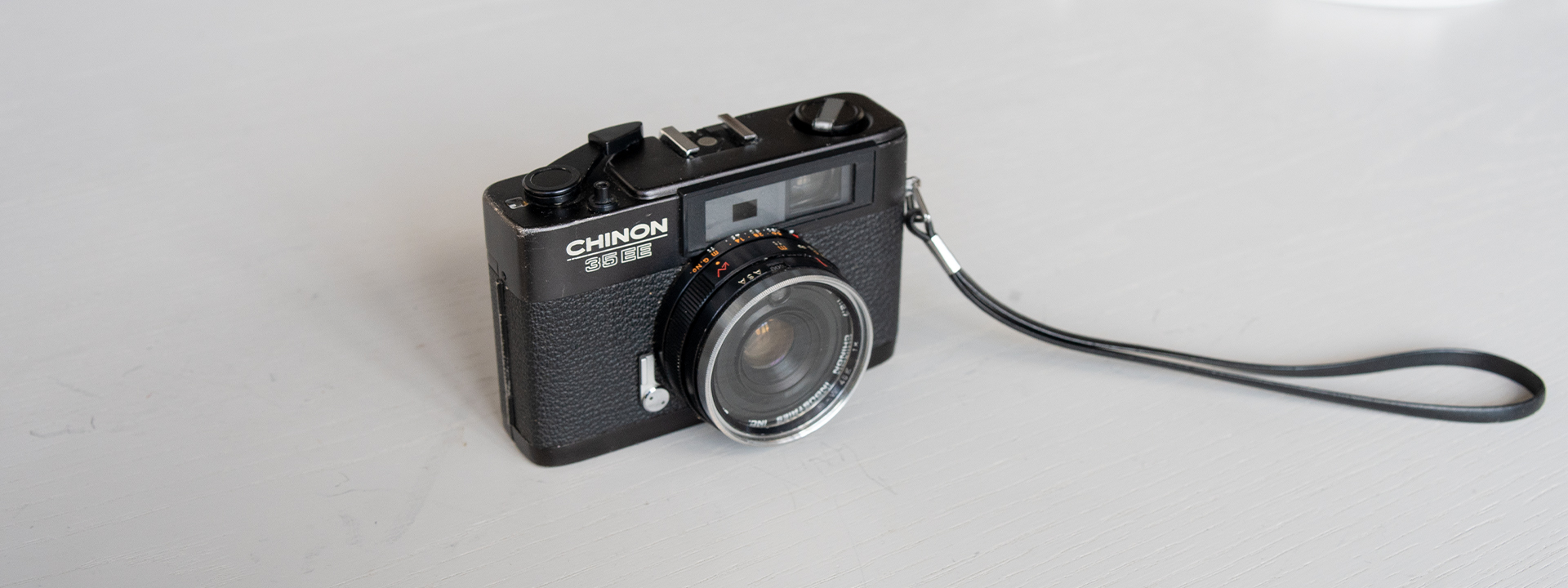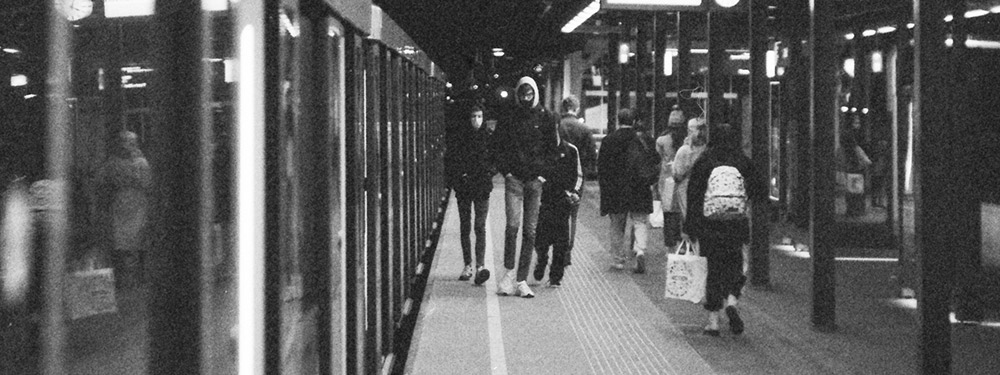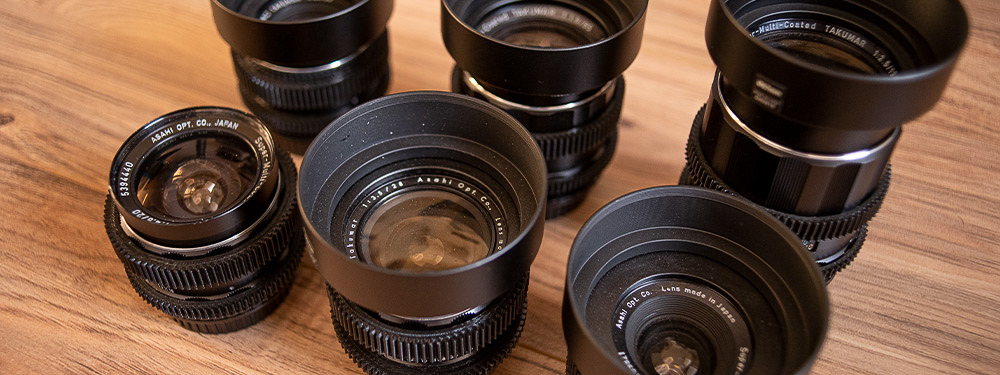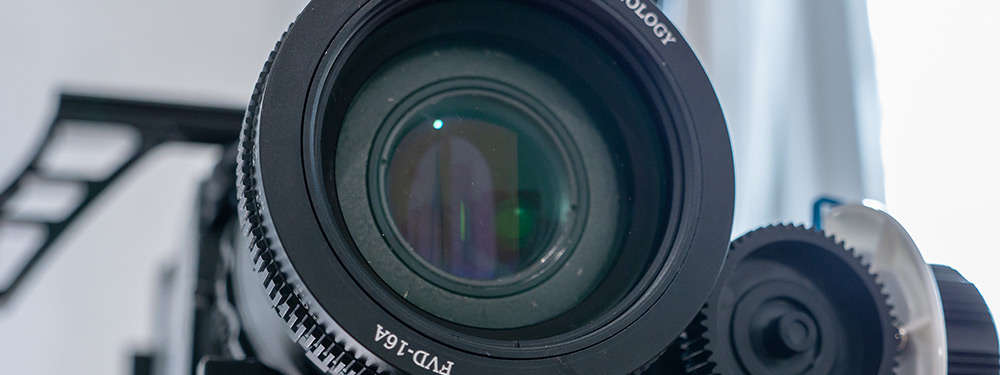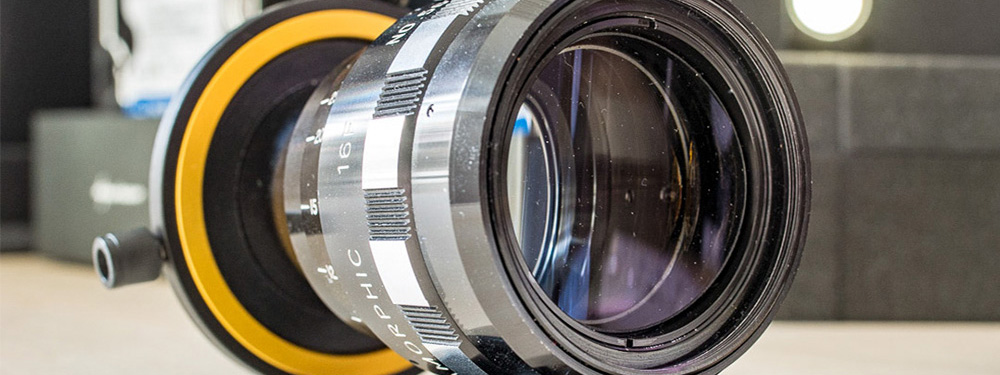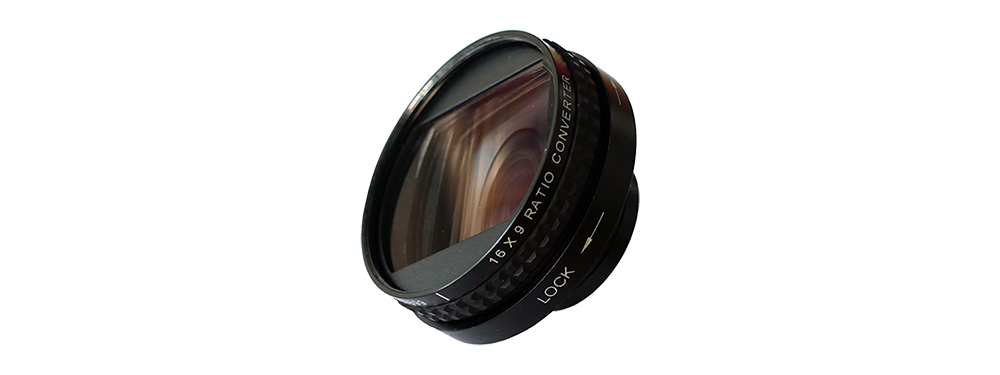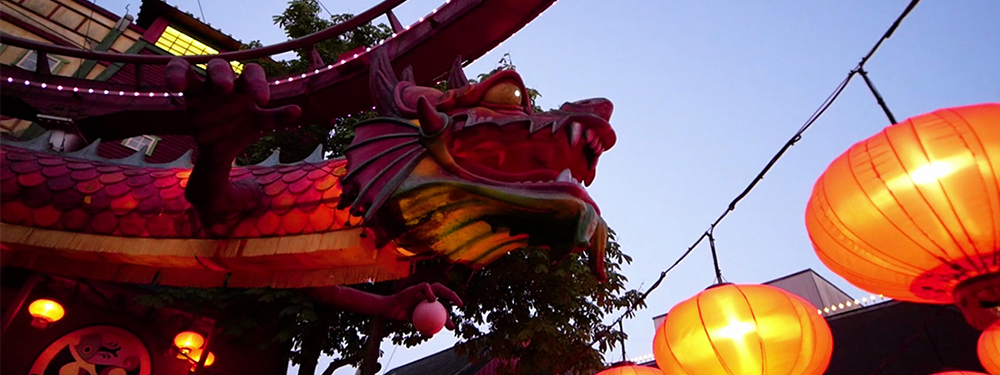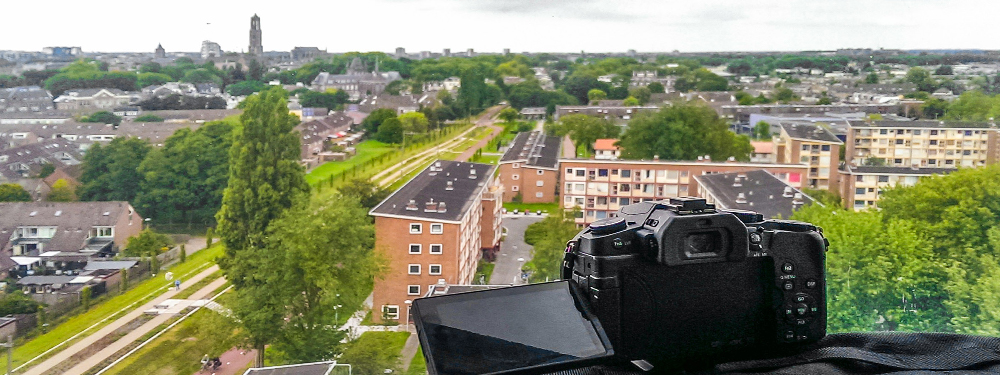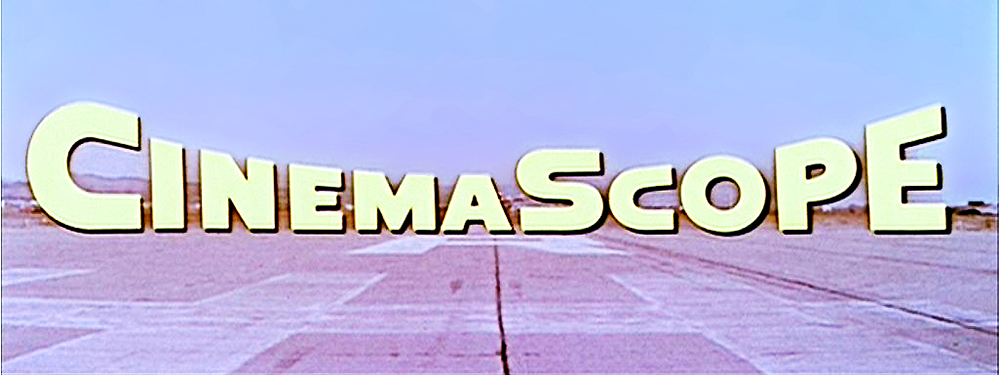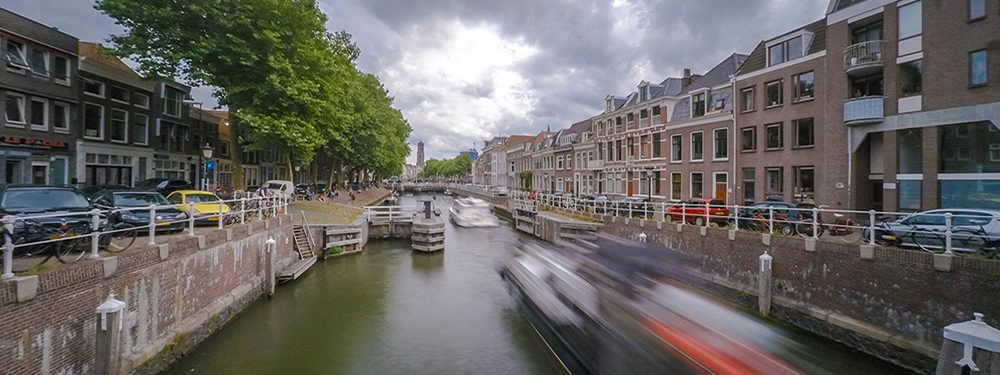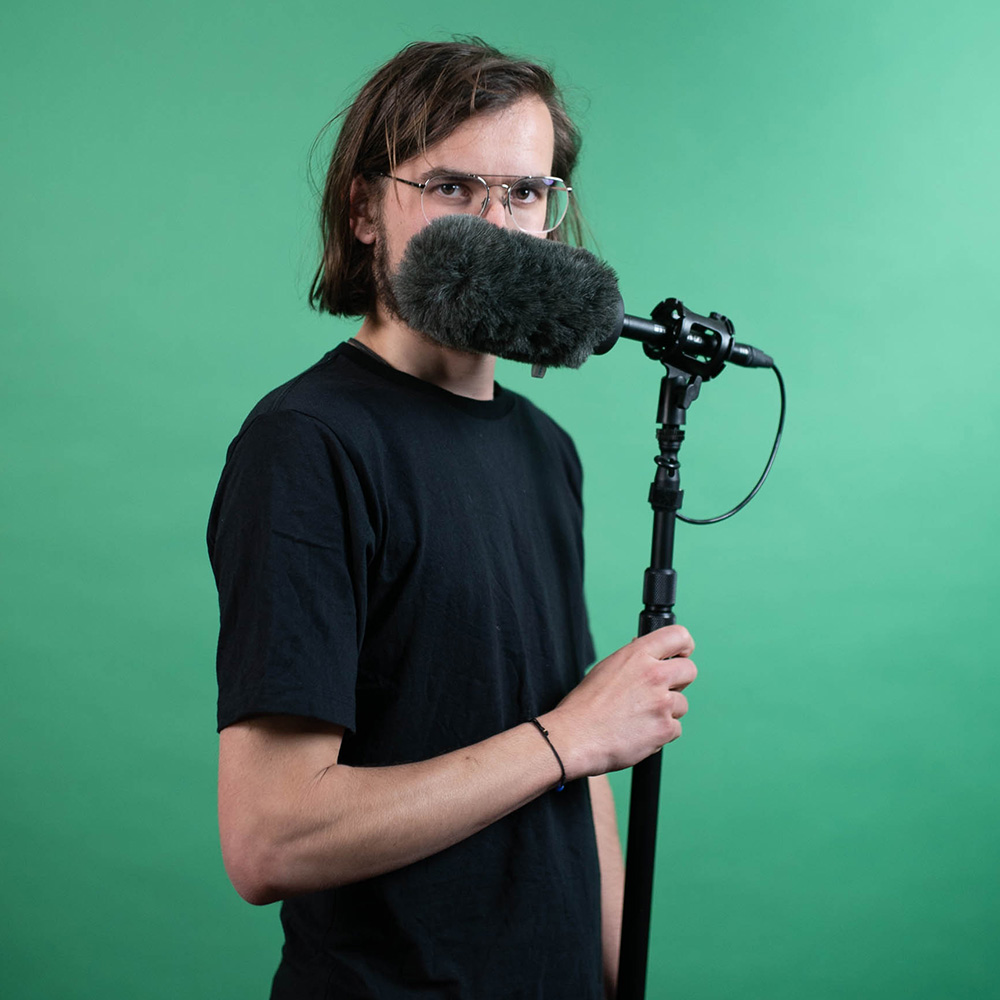Blog
Chinon 35EE Rangefinder Review
I got this rangefinder film camera as a birthday gift. Besides my Pentax SP1000 photocamera and the Sharan 35 Wide DIY pinhole camera, I had not used other film cameras. It's a great and very cheap camera to get you started in the world of 35mm rangefinder photo!
Pushing Ilford HP5 +2 stops
Pushing film leads to increased contrast, more grain and better low-light capabilities. More contrast could make a scene more dramatic, because it accentuates diferrences in lighting of the scene. More grain could add to a certain look, feel, aesthetic.
How to Cinemod Takumar lenses
Takumar lenses were designed by Asahi Optics (Japan) for the Pentax SLR cameras. The line-up included lenses such as the 50mm f/1.4, the 85mm f/1.8 and the 135mm f/2.5. They are known for their build quality and sharp images, and they perform great on modern DSLR and cinema cameras - especially after 'cinemodding'.
Rapido Technology FVD-16A - Front Variable Diopter
Rapido Technology's FVD16-A is a front variable diopter for anamorphic setups, eliminating the double focus issue commonly encountered in anamorphic videography.
Sankor 16F Anamorphic Adapter
The Sankor 16F is an anamorphic projector lens with a 2x squeeze / stretch factor. Its compact build makes it easy to adapt to digital cameras. Beautiful flares, built-in front filter threads.
Century Optics 16x9 & Tokina +0.4 Achromatic Diopter
The Century Optics 16x9 Ratio Converter is a compact 1.33x, focus through anamorphic adapter. Coupled with the Tokina +0.4 achromatic diopter it's one of the more portable anamorphic setups.
Venus Optics Laowa 7.5mm f/2 MFT review
The Laowa 7.5mm by Venus Optics is a super wide angle, rectilinear lens for Micro Four Thirds cameras. Overall sharpness and contrast of this lens is great. At $500 it's an absolute 'no-brainer'.
The Basics of Timelapse photography
This blogpost discusses the basics of timelapse photo, from planning to post-production.
The Basics of Anamorphic Optics for filmmaking
Anamorphic Optics add a great deal for creating more cinematic videos. This post explains the basics of anamorphic optics for filmmaking.
Tips to make Professional GoPro Timelapse Videos
GoPro cameras are a great starting point for making good looking timelapse videos. This blogpost offers a few tips to take your GoPro timelapse videos to the next level.
